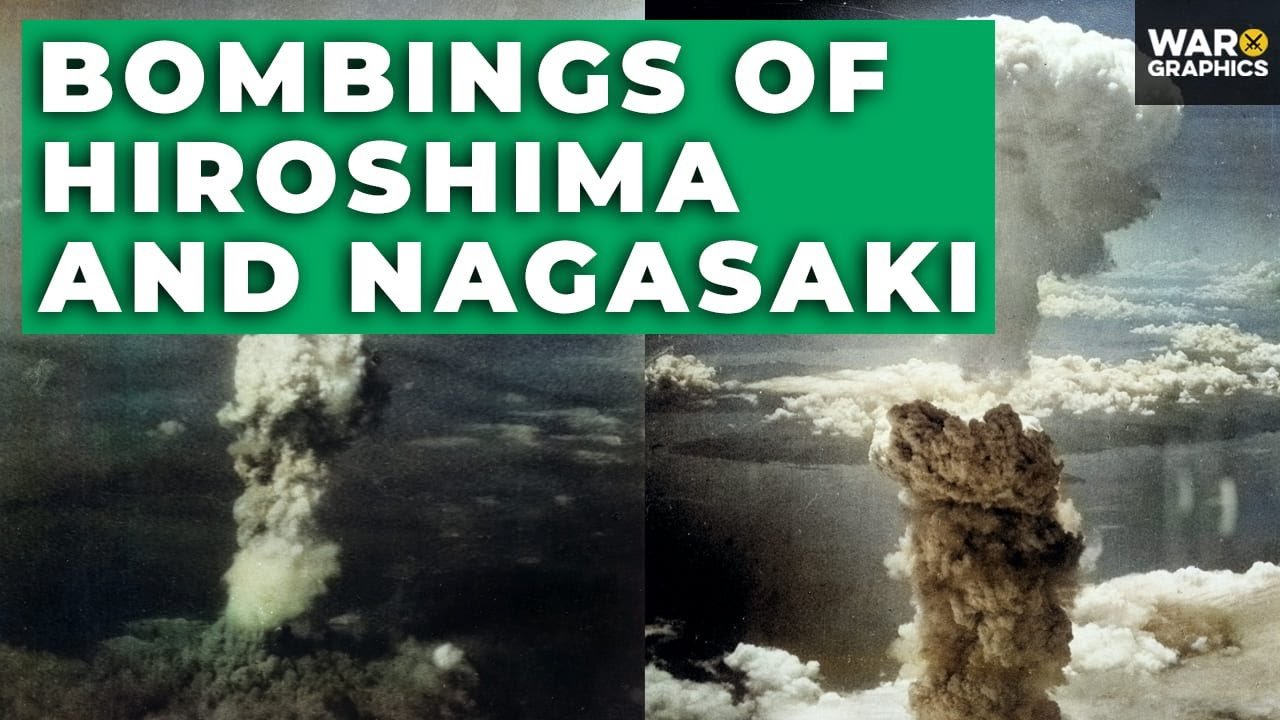- The bombings of Hiroshima and Nagasaki were carried out in August 1945 by the United States, dropping atomic bombs on the two Japanese cities.
- These actions are debated as either a necessary step to end World War II promptly and save lives or as a war crime because of the significant civilian casualties and the ethical implications of using nuclear weapons.
- The video examines the immediate and long-term effects on the cities and their populations, including the devastating human toll and environmental damage.
- It also discusses the impact of the bombings on international relations, the development of nuclear arsenals, and the global discourse on warfare and humanitarian law.
- The debate continues to be relevant, as it raises questions about the morality of warfare, the use of nuclear weapons, and the balance between military objectives and human rights.
This summary has been generated by AI.

Leave a Reply